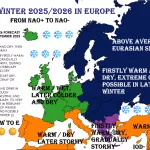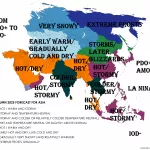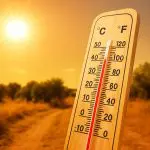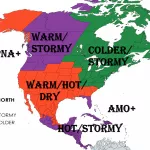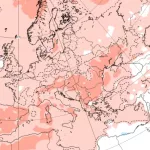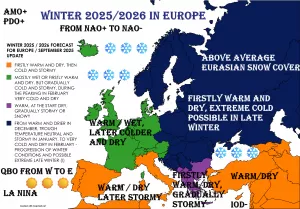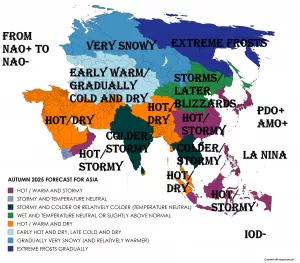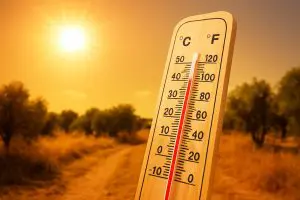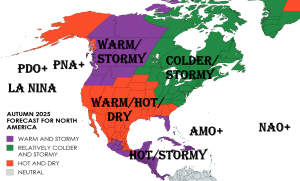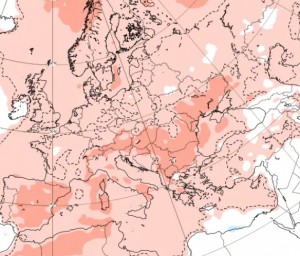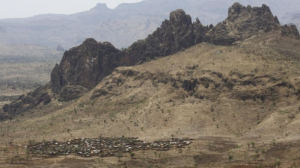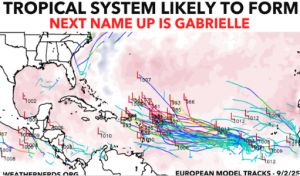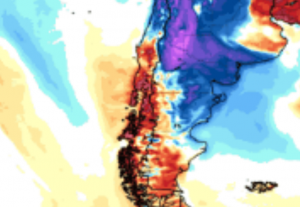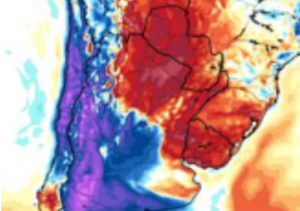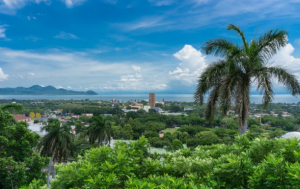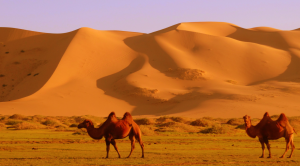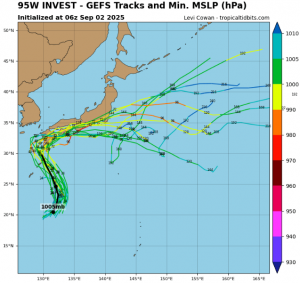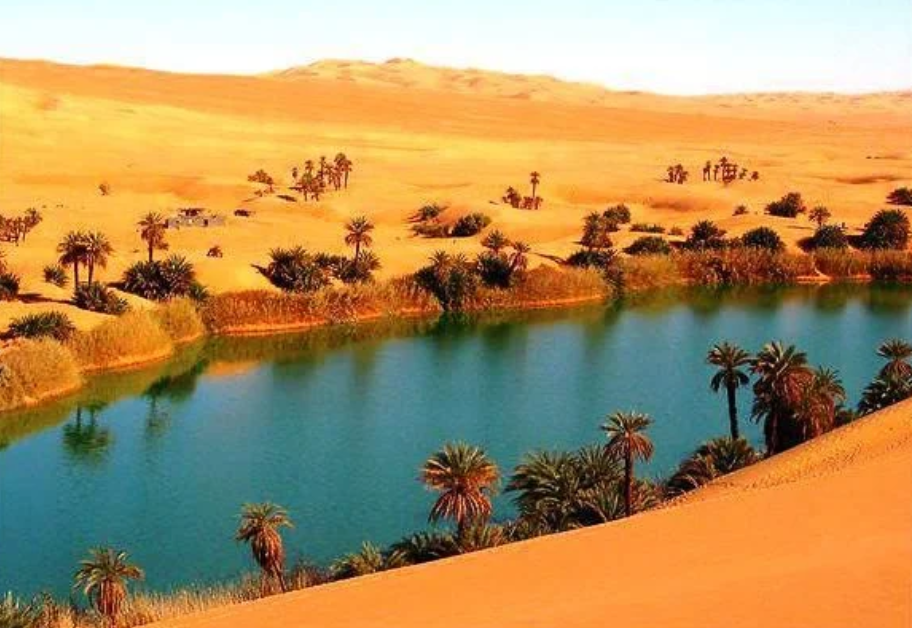
A dangerous heatwave is gripping North Africa, with several cities across Algeria, Tunisia, and Libya recording exceptionally high temperatures in recent days. The blistering conditions, driven by an intense Saharan air mass and stagnant high pressure over the region, have pushed thermometers near or above 47°C, placing stress on power grids, agriculture, and public health systems.
The hottest location was Adrar, Algeria, which soared to an astonishing +47.9°C, the highest temperature recorded in North Africa so far this July. The cities of In Salah and Bidon followed closely behind with +47.6°C, reinforcing Algeria’s position as the epicenter of this scorching spell.
Meanwhile, Tunisia was not spared, as Tozeur, one of the country’s desert gateways, baked under +45.8°C, while Libya’s Essbeea peaked at +45.2°C, and Biskra in northeastern Algeria reached +45.1°C, adding to the list of dangerously hot locations across the region.
These values are well above average for early-to-mid July, even in these typically arid desert areas. Daytime temperatures approaching 48°C are considered hazardous to human health, especially in areas with limited access to cooling, where heatstroke and dehydration risks sharply increase. The World Health Organization considers anything above +44°C as a threshold for elevated health concern, particularly among the elderly and those with chronic conditions.
This heatwave is the result of a strong subtropical ridge extending from the Sahara toward the central Mediterranean, trapping hot air masses and minimizing cloud cover. The pattern is typical for the region in summer, but the intensity and duration of the current wave are noteworthy, with several locations remaining above +45°C for consecutive days.
Agricultural zones are especially vulnerable, with date palms, olives, and grains facing heat stress and water scarcity, which could impact yields and increase regional food insecurity. Additionally, electricity demand for air conditioning has spiked, placing strain on energy infrastructure in several cities.
While no all-time national records have been broken yet, the ongoing heat could threaten long-standing July benchmarks if conditions persist or intensify further into the month. Climate experts caution that North Africa is among the most exposed regions globally to rising extremes in temperature, and that heatwaves like this one are becoming longer, hotter, and more frequent under climate change.
With the worst of the heat potentially lingering into the coming week, residents are advised to avoid outdoor activity during peak hours, stay hydrated, and check on vulnerable populations, particularly in rural and poorly ventilated areas.

Illustration picture: https://nabeelrashid.com/articles/oasis-fertile-deserts-and-other-attractions-in-algeria/

